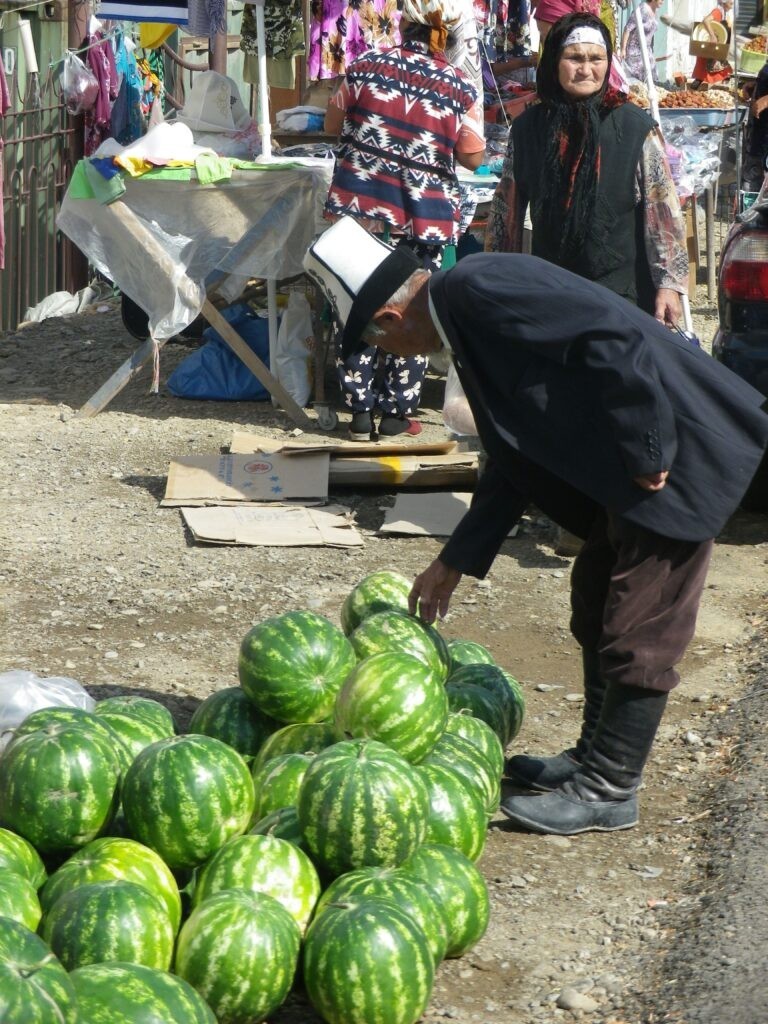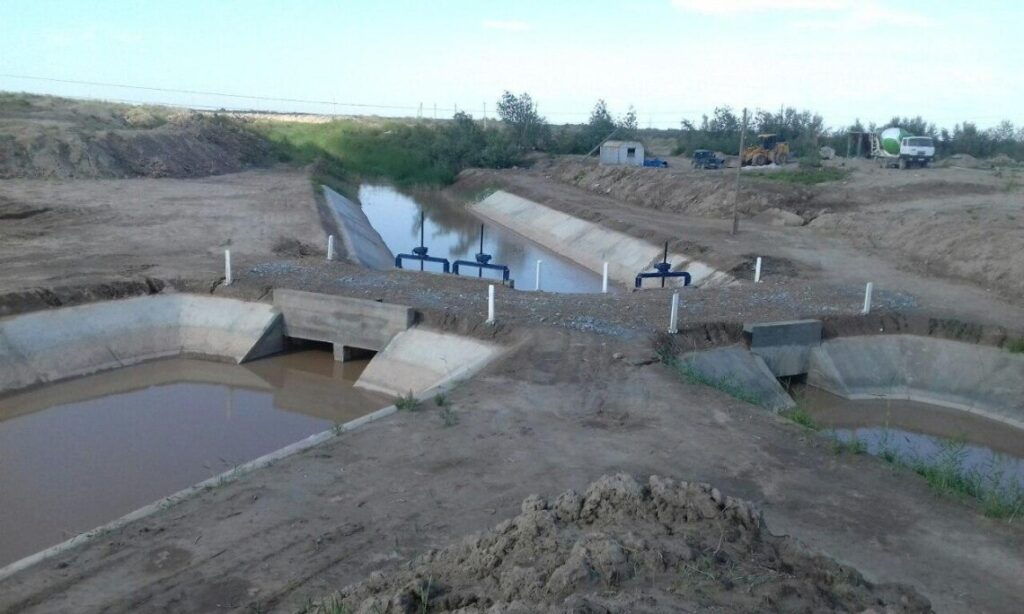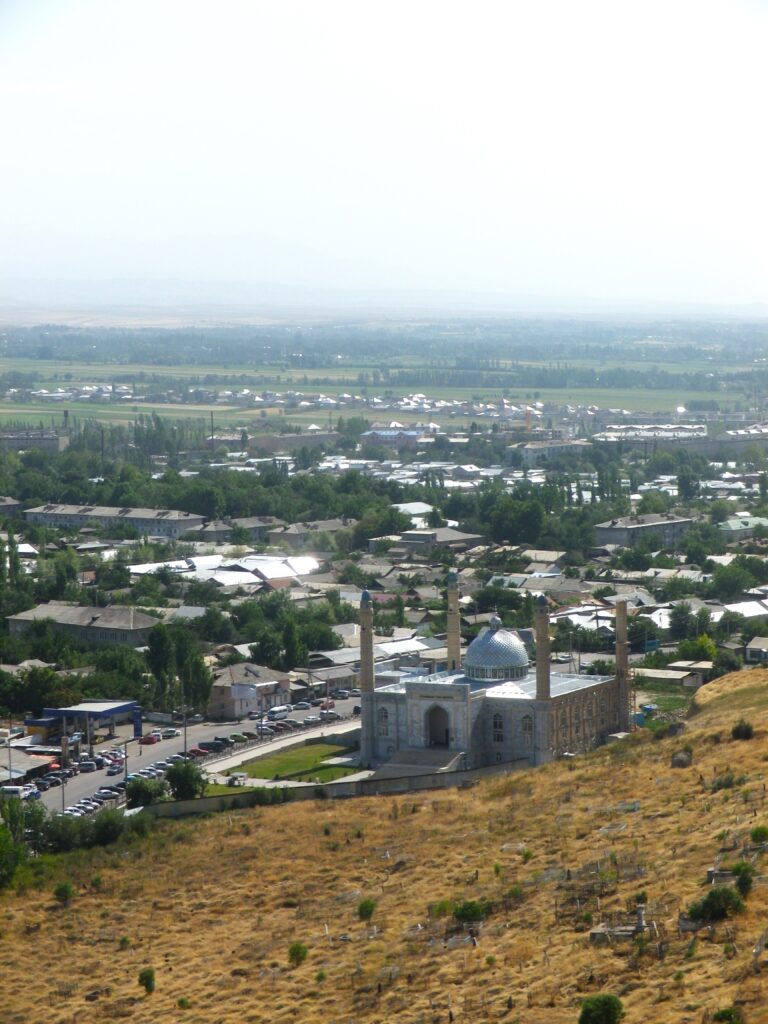On October 10th, Kyrgyzstan’s State Committee of National Security - comprising representatives from the State Committee of National Security, the Emergency Ministry, the Interior Ministry, Health Ministry, the Grand Mufti's office, other state entities and the regional government stated that it had closed 32 mosques and five religious schools in the southern region of Batken. This came following an assessment examining the potential presence of radical Islamic ideology and extremist viewpoints within the religious institutions. Situated on the southern slope of Solomon’s Throne in Osh, Kyrgyzstan’s largest mosque has the capacity to hold 20,000. Built in the 2010s with funds from Saudi Wahhabis, it was inaugurated by former President Atambayev, who, like other regional leaders before him, had been wooed by promises of Saudi money. Sunni supremacists wishing to revert to the seventh-century ways of Mohammed, Wahhabi missionaries first arrived in Central Asia in 1912, setting up cells in Tashkent and the Fergana Valley. Declaring holy war not only on the West, but also on other Muslims, the Wahhabis labelled all who disagreed with them heretics. Having suffered lean times under the Communists, now they were back and loaded with oil money. Of the Osama Bin Laden school of thought, their goal is to destroy secularism and create a region-wide caliphate based on Sharia law, this despite the fact there has never been an Islamic state in Central Asia. Amongst the Wahhabi’s affiliates are the Islamic Movement of Uzbekistan, formed in the early nineties by Tohirijon Yuldashev, a twenty-four-year-old college drop-out, and Juma Namangani, an ex-Soviet paratrooper turned train robber. Raising funds by kidnapping Japanese geologists and American mountaineers, in 2000 the IMU briefly took Osh, holding its mayor for ransom and coming within striking distance of its goal of seizing Tashkent. With the IMU largely absorbed into the Afghan Taliban, ignored warnings of the impending 9/11 attacks on America are said to have emanated from Yuldashev, who like Namangani, has since been killed. Looking to engage those alienated by state-appointed imams, who as a recent recruit noted, offer only ‘prayers for a bigger cotton harvest and instructions for how to go to the bathroom properly,’ the IMU are currently calling for a jihad in Southern Kyrgyzstan. With the IMU mainly moved into Afghanistan and Pakistan, in June of 2014, after swearing allegiance to ISIS, the organization claimed responsibility for the attack on Jinnah International Airport in Karachi, Pakistan, which left 36 dead. There are currently upwards of two thousand ISIS recruits from Central Asia, with the movement's hierarchy focused on recruiting more disaffected Uzbeks.





